From Friends Of OursAs for the way the Sox treated a great talent like Wilson
Howie Carr, the unofficial biographer of Winter Hill gangster James "Whitey" Bulger, has just released Hitman about former Bulger enforcer Johnny Martorano, and he is running excerpts from the book over the next four days in the Boston Herald. In today's first excerpt Carr discusses the relationship between Martorano and Boston Red Sox team member Earl Wilson who in June 1962 became the first African American to pitch a no hitter after an alleged night of debauchery at a Roxbury night club run by the young gangster. By 1999 Martorano reached a plea deal with federal prosecutors pursuant to which he confessed to twenty murders in exchange for a 14-year prison sentence, and he now is retired and living in Boston, MA.
.....It was during this season that the Boston Red Sox began to notice the young ballplayer. The scouting report sent to the team’s head office is indicative of the racial bias that Wilson had to overcome in his early years as a professional ballplayer. It stated, “He is a well mannered colored boy, not too black, pleasant to talk to, well educated, has a very good appearance and conducts himself as a gentleman.”
That same year the Red Sox signed Wilson. Elijah “Pumpsie” Green, the first African American to play a game for the Red Sox, wasn’t signed until 1956. These two were the first African Americans ever signed by Boston.
Wilson was drafted into the Marines in 1957. Although he continued to play military ball his opportunity to become the first black player to crack the Red Sox lineup was delivered a setback.
In 1959, Green had hit .400 during spring training with the parent Sox and was named “Camp Rookie of The Year” by the press. Even with those accomplishments, Green had not secured anything. When writers asked owner Tom Yawkey if Green would make the team, he replied, “The Sox will bring up a Negro if he meets our standards.”.........
Early 1966 saw an event occur that had a monumental effect on the rest of Wilson’s life. During spring training, while in Lakeland, Florida—the spring home of Wilson’s next team, the Detroit Tigers—Wilson and a couple of his teammates, Dennis Bennett and Dave Morehead, decided to go to a local bar named the Cloud 9 for a drink after a day at the park. In Bennett’s words he describes what happened that night: “The bartender asked Dave and I what we wanted. He then turned to Earl and said, `We don’t serve niggers in here.’ So we all got up and left the place. Earl was upset at first as he had never been refused service before.”
Author Peter Golenbock, in his book Red Sox Nation, wrote that incidents such as this tended to bring negative publicity to the team rather than to the racist attitudes in the South. Wilson understood this was the case and although he revealed the incident to Boston writer Larry Claflin, he asked that the writer keep it to himself and not write about it. Claflin agreed but another writer found out about it and instead of exposing the racism of the incident focused his story on the Red Sox players going out drinking.
Most observers—including Wilson, according to his son—felt this incident was the reason the Red Sox decided to deal him. To Earl the writing was on the wall when on June 13, the Red Sox acquired two black players, John Wyatt and Jose Tartabull. That night, Earl told his roommate Lenny Green, who was also an African American, “There are too many black players on the team, someone will have to go!”
The next morning manager Billy Herman informed Wilson that that he and a black outfielder, Joe Christopher, had been traded to Detroit. Earl at the time had appeared in 15 games with the Sox that season and had a 5–5 record with an Earned Run Average of 3.84.
Although upset at first, Earl quickly rebounded and went on to post a 13–6 record for the Tigers to finish the year with 18 wins overall and a sparkling Tigers Earned Run Average of 2.59.
For Wilson, though, 1967 was without doubt his finest season. He appeared in 39 games and led the Tigers with 22 wins against just 11 defeats. Detroit finished the season just one game behind the Red Sox.












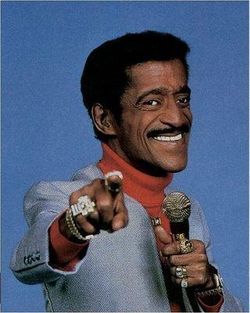
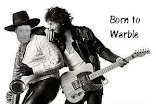


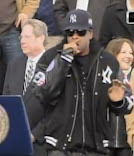











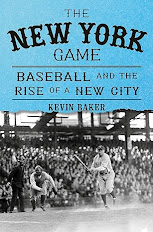









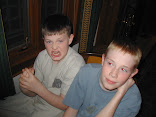

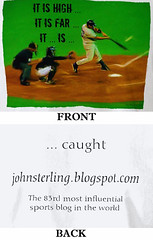



1 comment:
We get the point Jimmie.
Post a Comment